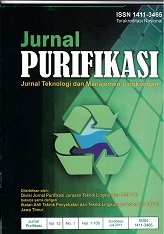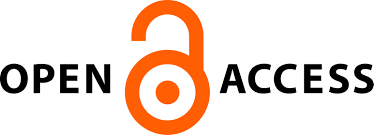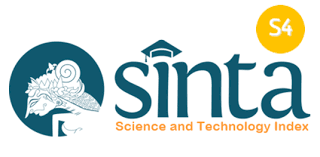PEMILIHAN TEKNOLOGI PENGOMPOSAN SAMPAH KOTA DENGAN PENDEKATAN ANALYTIC HIERARCHY PROCESS
Main Article Content
Abstract
Municipal solid waste generation is increasing by time and it needs to be handled in a better way, considering that the organic fraction is dominantly found in urban waste in Indonesia. This research analyzed the selection procedure of composting technology by considering multiple criteria including technical, environment, financial and social factors, from the point of views of various stakeholders, such as government, community, scholar, and practitioner using Analytic Hierarchy Proceess (AHP). Though every stakeholder had different choice, windrow technology is more preferred than other composting methods, such as vermicomposting, active and passive aerated static piles (ASP). The weights of windrow, vermicomposting, active and passive ASP technologies were 0.297, 0.292, 0.248, and 0.163 respectively, with consistency ratio of 3.3%. Every stakeholder had different priority of criteria, in selecting the composting technologies.
Downloads
Article Details
Submission of a manuscript to Jurnal Purifikasi means that the work has never been published in another journal and is not under consideration for publication elsewhere. The author hereby agrees to submit the copyright of the manuscript and its contents to Jurnal Purifikasi, if accepted for publication. Accepted manuscripts will be published in printed form where the ISSN is bound in printed form, not in online form (pdf). Authors are not allowed to publish their work in other forms (journals) without permission from the Jurnal Purifikasi manager.
By submitting a manuscript, the author is deemed to know all the rights and obligations attached to each manuscript.








